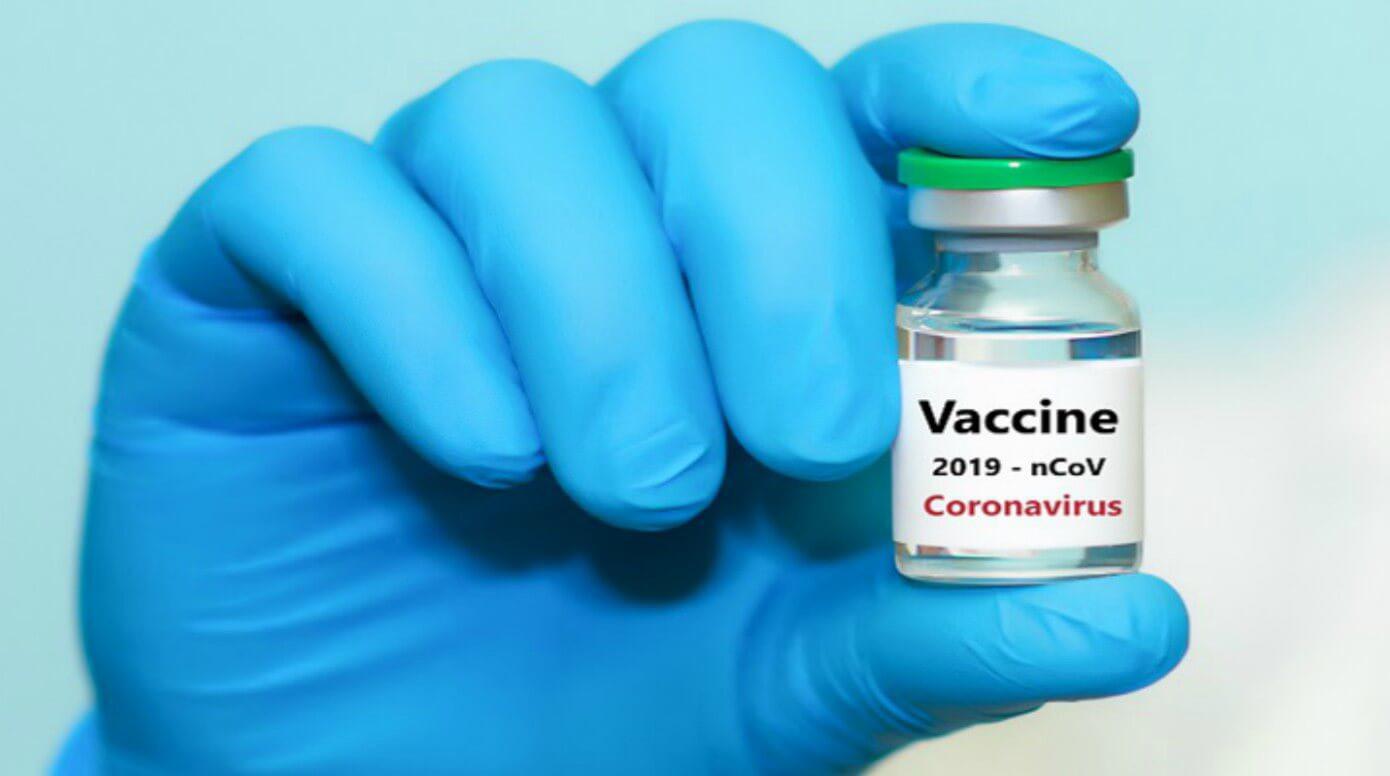WHY I LACK OPTIMISM FOR POST-COVID AMERICA
BINGHAMTONREVIEW.COM
Why I Lack Optimism For PostCOVID America By Arthur O’Sullivan
T
his past Easter, I had the good fortune of being able to come home and celebrate the holiday with my politically-divided family. The men in the family tend to be varying shades of conservative; the women tend to be varying shades of liberal. We get along well despite this, and we had a mostly peaceful Holy Week, with the exception of one day, which saw a rather explosive argument about COVID-19 vaccine passports and their statewide/ national implementation. Though I, being a conservative, hated the concept, the rest of my family were either willing to tolerate it or even support it, so long as it meant being able to go back to “normal”. In the course of the quarrel, my more liberal family members found themselves surprised by how supposedly “right-wing” I had become, and I likewise found myself surprised at how seemingly acquiescent they had become to what I called “creeping authoritarianism.” We traded these harsh words, though they hurt significantly more than they helped our rhetoric. We each left the fight shaken by the deep emotions we stirred, with our beliefs ultimately unchanged. After taking some time to cool off, realize that the day was beautiful, we each apologized to each other
6
BINGHAMTON REVIEW
and decided to respect each other’s positions, and proceeded to have an otherwise pleasant Holy Week. Now, why am I telling you this, dear reader? I’m not just treating you like a stand-in for a Freudian psychoanalyst; I’m telling you this because I believe this story exposes a deep fault-line in American society that developed as a result of the COVID-19 pandemic. I believe that the root of my family’s disagreement, and likely much of America’s disagreement, boils down to how each of us answer following question: Is it better for the government to have gone too far in dealing with the COVID-19 pandemic, as opposed to not having gone far enough? In asking that question, many
“I see no clear solution, as the usual way to solve political division is through direct charitable interaction with those of the other side.” things suddenly click into place. One can now see the arguments for both sides much clearer: the left, as of now, seems to prefer that the government should go too far in extending its power, so long as it saves vulnerable lives from a dangerous disease. The right, likewise, seems to prefer that the government be limited, so long as it keeps America from embracing the potential tyranny that results from crises like these. These are broad generalizations, and there are many on the left and the right who are less eloquent in expressing their ideas. My family members and I were exemplars of that lack of eloquence in our own bitter argument. However, this does not negate the fact that there are solid arguments from both views, and that a productive discourse would see both sides engage each other with charity. When I say “charity,” I do not just mean giving
alms to the poor. I mean the virtue of charity, where one assumes the good faith of the other in any interaction, especially a political dialogue. For the left to be charitable in this context, this means not believing that the right is endorsing “killing grandma” when opposing lockdowns. For the right, this means not believing that the left wants to see America adopt an authoritarian regime. It is obvious that charity is foundational to any functional system that involves interaction between people that disagree. Charity, however, is increasingly hard to come by these days. It has become a truism among the remaining political moderates to bemoan the divided state of American discourse, especially on Twitter. As I write, #DeathSantis is trending due to a 60 Minutes hit piece that portrayed Florida’s governor in a very negative light. It’s clear that the left has no interest in dealing with their opponents charitably, rather hoping to feel virtuous by portraying anti-lockdown Republicans as if they are all in a “death cult”, as is apparent in left-wing media (i.e. the Washington Post, the New York Times, CNN, etc.). Though I am a conservative that happens to like Governor DeSantis, I do not want to see people die from COVID. An ounce of charity would make that seem obvious. I also do not dismiss the root of the support for lockdowns and vaccine passports. I believe that the desire to preserve vulnerable life is objectively noble, and I do not doubt that many on the left genuinely think that these things save
Vol. XXXIII, Issue X






